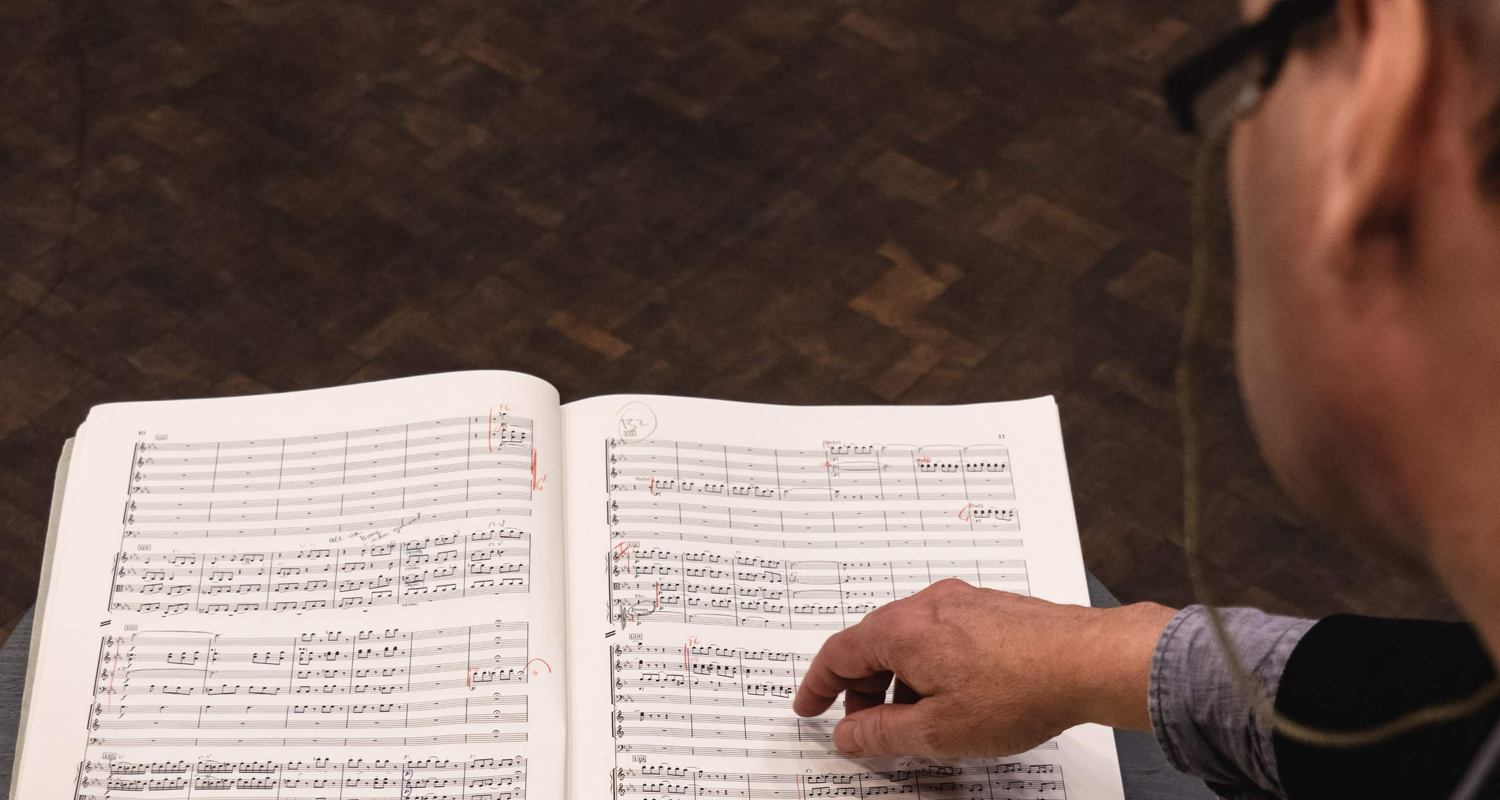Score Study, Preparation & Background

Score study and music analysis play a very important role in the work of the conductor. The score is the composer’s means for communication with the performers. Through deciphering the score, we become familiar with the musical language and ideas of the composer and able to bring the work to life for our audience. The term “the composer’s advocate” has frequently been used to describe the role of the conductor in this process.
Score study helps the process of rehearsing. By understanding the construction of the music through careful analysis, the conductor becomes better equipped to make interpretive decisions and to make more efficient use of the rehearsal time available by selecting elements that might need more practice than others.
Truly knowing a work means understanding its form, structure, harmony, melodic shapes, dynamic contour and texture. Such in-depth knowledge may enhance and strengthen the conductor’s interpretations. In essence, the goal of score analysis is to develop a mental sound image of the music that enables the conductor to better judge what they hear in rehearsals and make the necessary adjustments needed to reach the desired outcome.